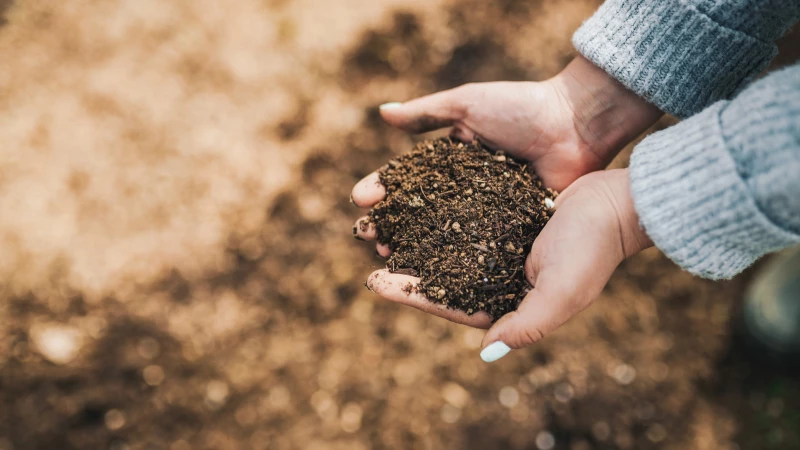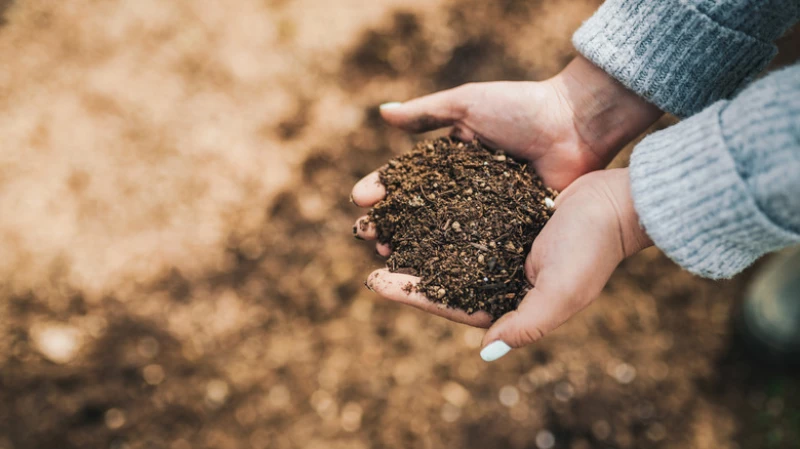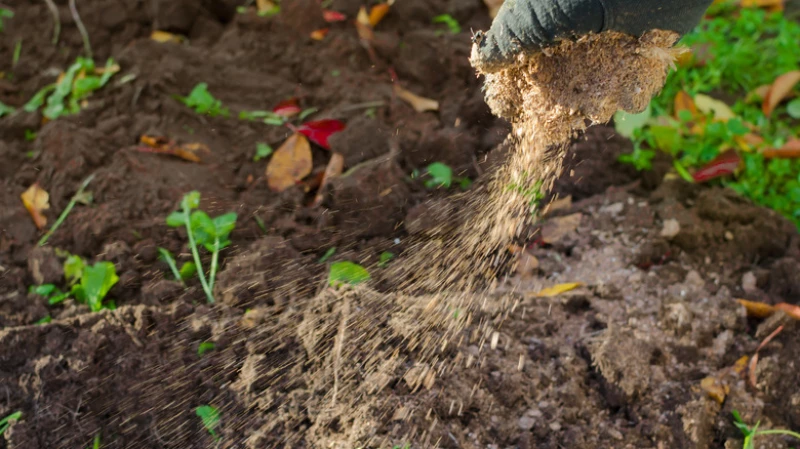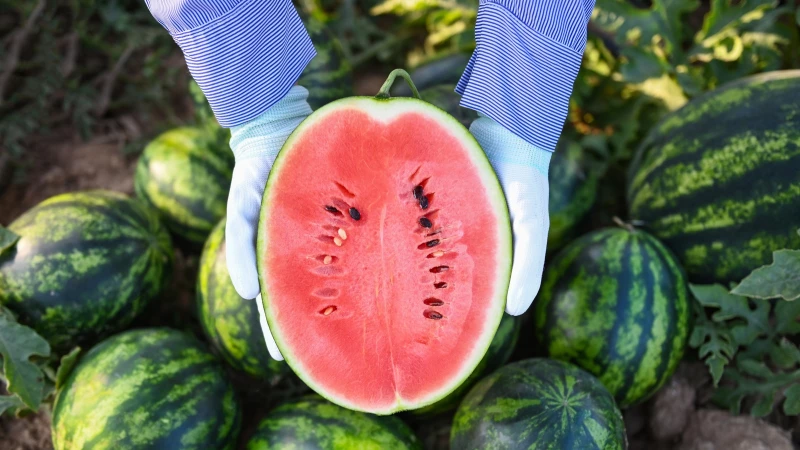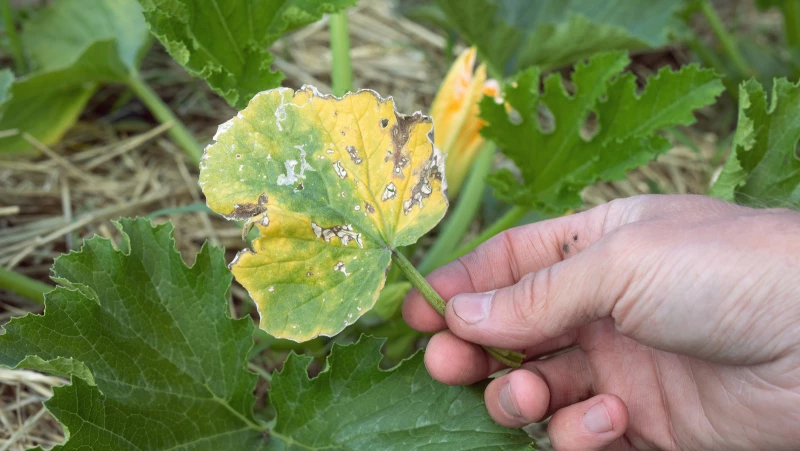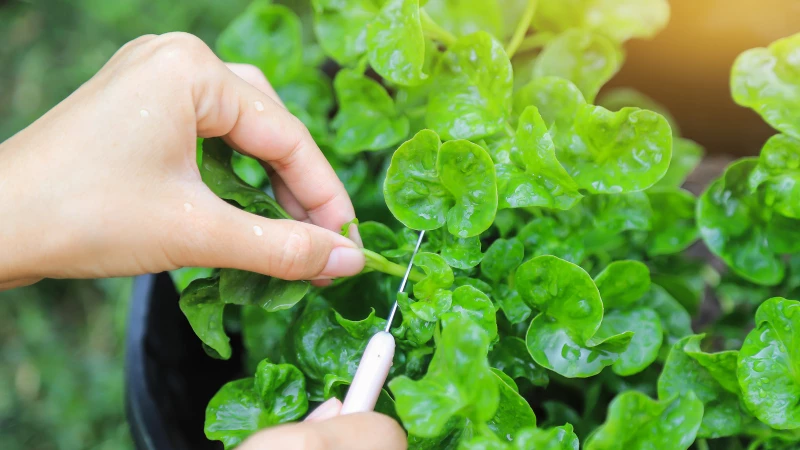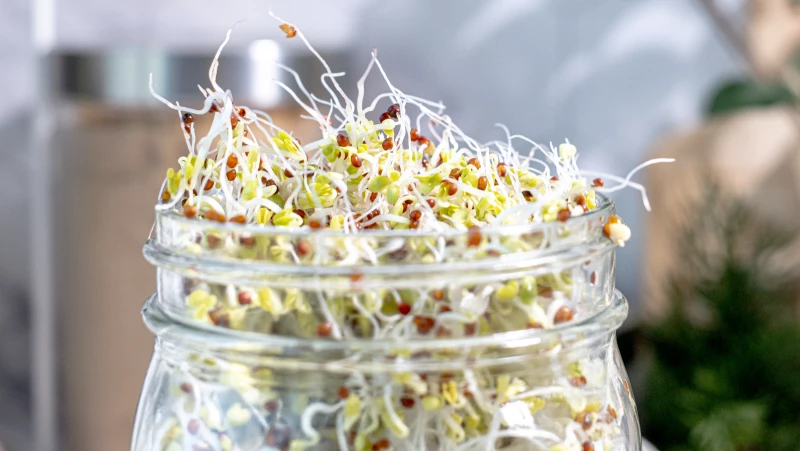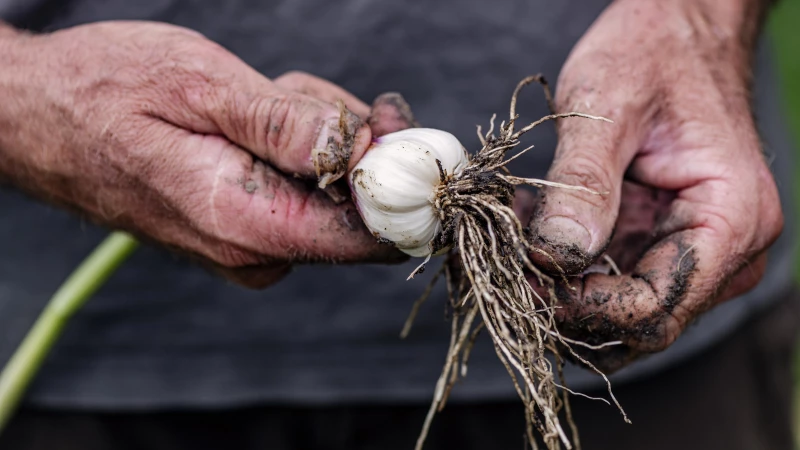Switching from synthetic fertilizers to organic ones can greatly benefit your garden in the long run. While synthetic fertilizers may be cheaper, they often lack the necessary nutrients to support plant growth. Organic fertilizers, on the other hand, nourish beneficial microbes in the soil and improve its overall quality, making it easier to maintain a healthy garden. Experts recommend using organic fertilizers for landscaping, with alfalfa meal being a particularly effective option.
Alfalfa meal is derived from the alfalfa plant, which is harvested, fermented, dried, and ground into a fine powder. This high-protein, high-calcium fertilizer is packed with essential nutrients that promote soil health. It can be purchased in bags from major hardware stores like Home Depot, Lowes, True Value, and Ace Hardware. Consider replacing your current fertilizer with alfalfa meal, especially if you prefer organic alternatives to animal-based nitrogen sources. Not only will alfalfa meal nourish your plants, but it will also contribute to a more eco-friendly garden.
Enhancing Soil Health with Alfalfa Meal as a Fertilizer
Although alfalfa has been a staple in livestock feed for millennia, the use of alfalfa meal as a natural fertilizer is a relatively recent agricultural practice, dating back just around 50 years. Alfalfa meal offers a well-balanced NPK value, providing essential nitrogen, phosphorus, and potassium that are vital for soil health. This natural fertilizer is rich in various vitamins and minerals like vitamins A, B, E, magnesium, iron, and amino acids, all of which promote robust plant growth.
One of the key components of alfalfa meal is triacontanol, a plant hormone that aids in the development of strong roots and stems in young plants. The nutrient-rich composition of alfalfa meal not only conditions the soil but also enhances its structure, improving water retention and attracting beneficial organisms like earthworms and microbes that help in soil aeration.
Alfalfa is not just a beneficial crop for your garden, but it also has eco-friendly qualities. It can be grown without the need for synthetic fertilizers or pesticides, making it a sustainable choice for gardeners. Additionally, alfalfa can serve as a natural compost pile booster, further enhancing its environmental benefits. By growing alfalfa in your garden, you can contribute to a more climate-conscious approach to gardening. The deep roots of alfalfa help to aerate and break up clay-like soil, improving soil quality and nutrient content for your plants.
Alfalfa meal can repel pests, but attract other critters
Alfalfa meal contains saponins, a bitter compound that acts as a natural pest repellent in the soil, protecting plants from harmful insects. This natural defense mechanism of plants like alfalfa can help reduce the reliance on chemical pesticides in your garden. Moreover, alfalfa meal is effective in controlling nematode populations, which are soil-inhabiting parasites that can damage plants.
However, due to its use as livestock feed, alfalfa meal may attract critters like mice, rats, and rabbits to your garden. To prevent this, it is recommended to use loose alfalfa meal as a top layer in your soil, minimizing the chances of unwanted visitors in your garden.

